There are several irregularities surrounding Peter Magyar’s fake referendum, which he announced during his March 15 speech and officially launched on March 24. The Tisza Party chief claims that over half a million people have already completed the questionnaire. However, it is suspicious that so many would have participated within a week, especially considering that voting is only possible through paper forms at the party’s designated booths or online. Yet, these booths are frequently seen standing empty. Additionally, during his nationwide tour, Magyar usually speaks to only a few hundred—at most a couple of thousand—people, many of whom are not locals but are transported in from other areas tothese events.
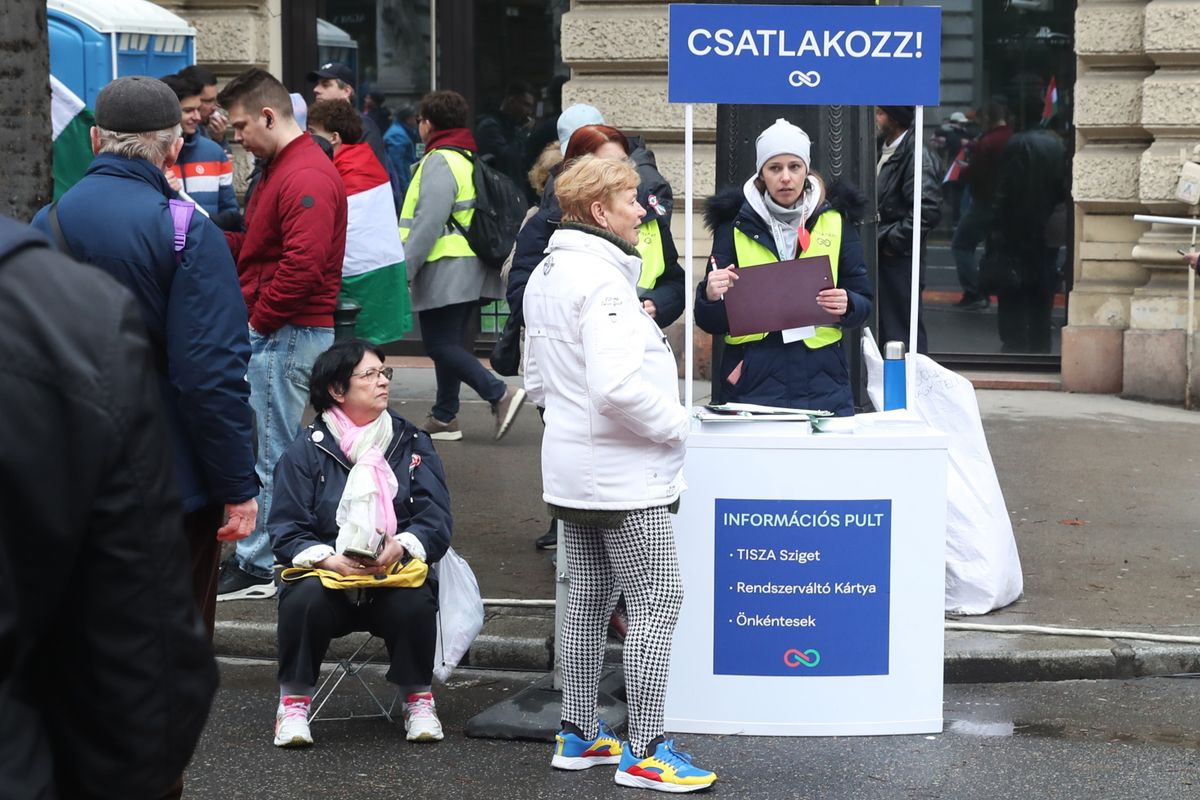
The credibility of the online voting process is also in question. As previously reported, Magyar launched his “System-Change Membership” program in June last year, which serves as a prerequisite for joining the Tisza Party. According to the party chief, full membership requires at least three months of Tisza group ("Island") membership and minimum three months of paid System-Change Card membership. Despite launching nearly a year ago, the initiative has failed to attract the 50,000 members Magyar initially aimed for, with the party’s website showing just over 27,000 sign-ups.
Given the lackluster level of interest in System-Change Membership, it is difficult to believe Magyar’s claim about the high number of respondents in his fake referendum.
Reports also indicate that before the Tisza Party’s March 15 event, half of the booked buses were canceled, and the actual turnout at the rally was sparse—further suggesting that there is little real interest in this so-called referendum.

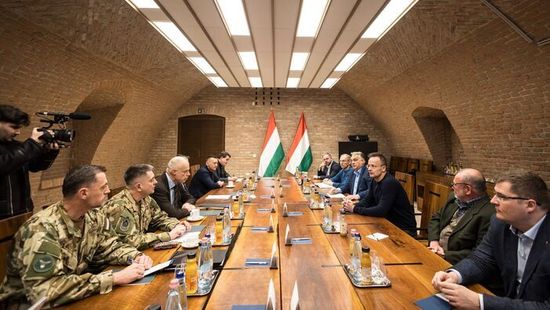

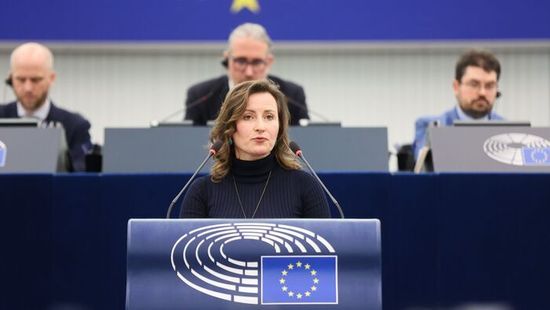
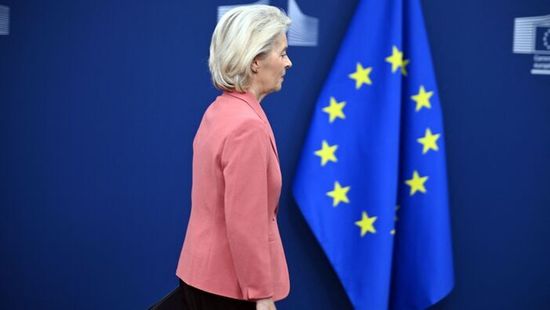







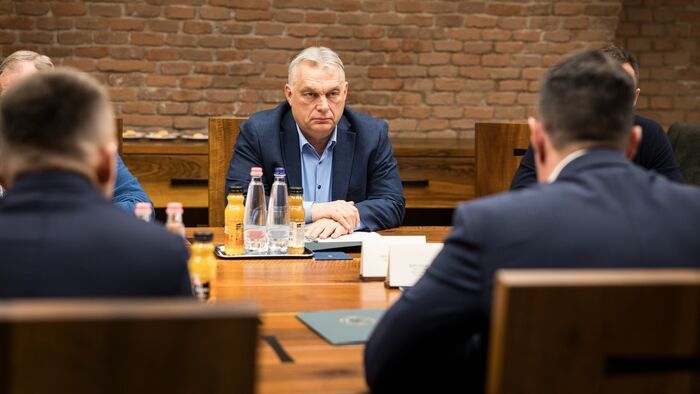

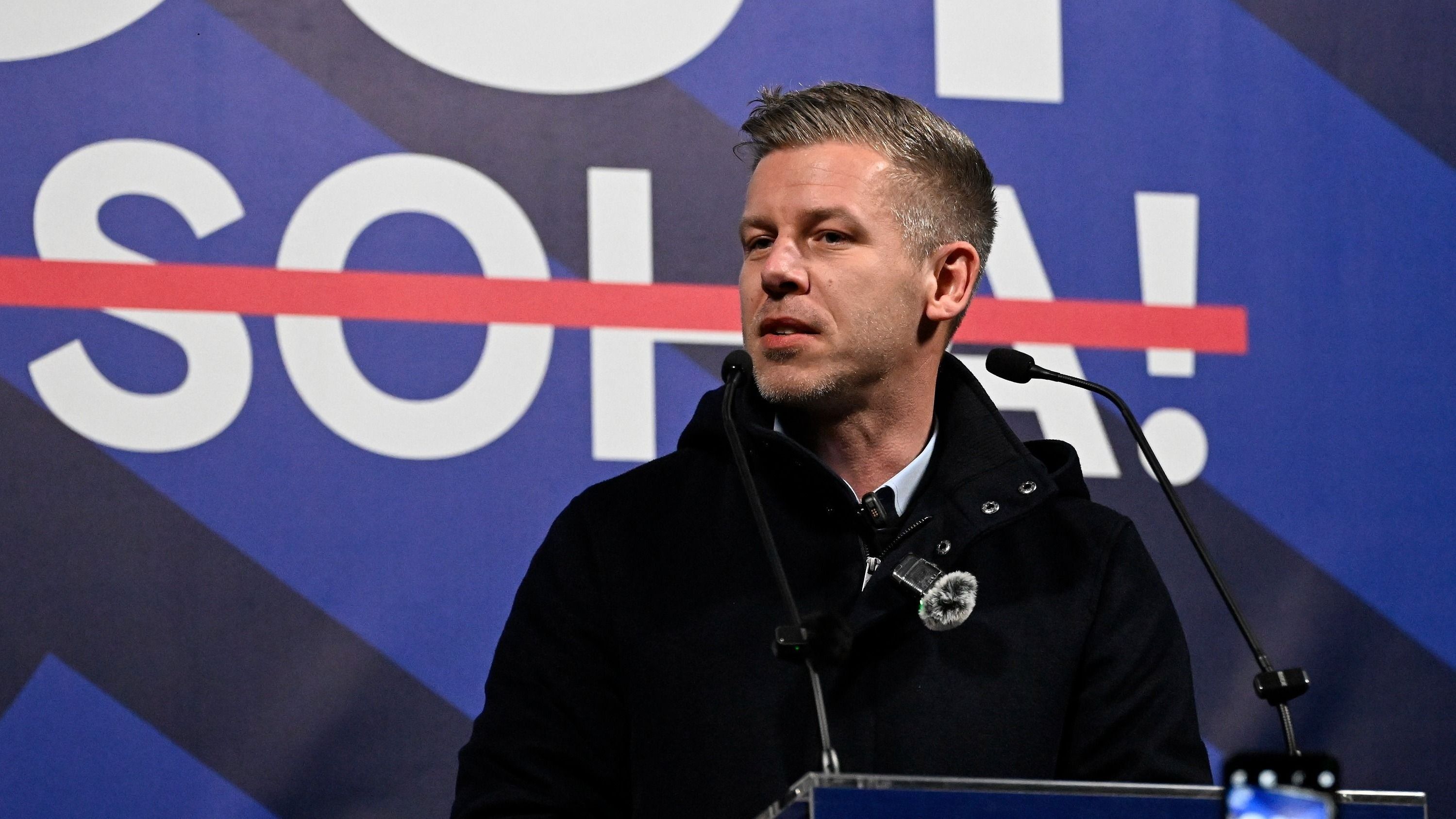

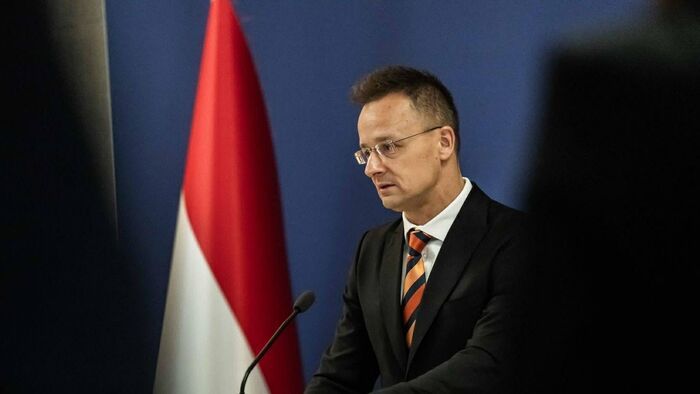




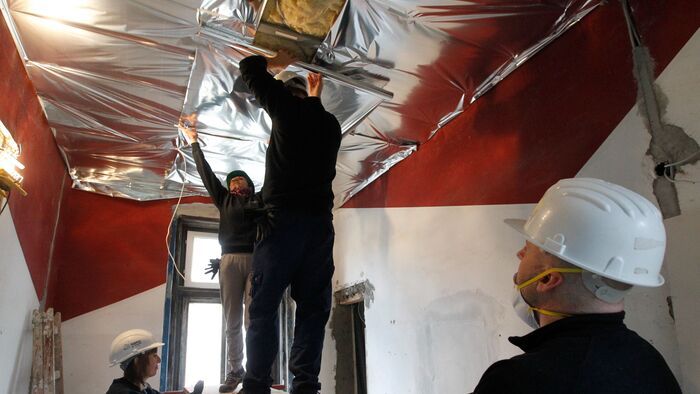

Szóljon hozzá!
Jelenleg csak a hozzászólások egy kis részét látja. Hozzászóláshoz és a további kommentek megtekintéséhez lépjen be, vagy regisztráljon!